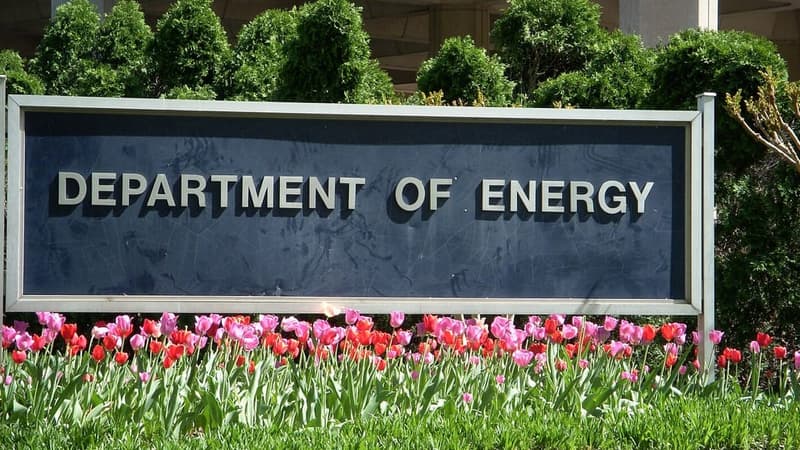It’s a… confusing story. A US Department of Energy (DOE) employee responsible for monitoring the nuclear arsenal lost his security clearance after “mistakenly” uploading 187,000 pornographic images to an internal government network.
According to media 404, this content, which sought to train an artificial intelligence tool specialized in creating “robot pornography,” came from his own personal computer. The man claims to have acted during a depressive episode, seeking in the manipulation of generative images a way to distract himself from his isolation.
According to the DOE investigation report, it was a collection “accumulated over two or three decades.” The employee believed that personal hard drives connected to his workstation were separate from the agency network.
He only realized his mistake several months later, when researchers discovered servers saturated with pornographic material. Questioned, he admitted that his judgment had been affected by his depression, without understanding the seriousness of his administrative error.
Data stored on DOE’s secure network
The case also revealed the extent of his use of government artificial intelligence tools for private purposes. The man explained that he wanted to “improve the realism of robotic porn” by training an AI on his own visual corpus. He first used his phone and then his work computer for “visual comfort reasons.”
Investigations showed that he stored this data in compressed directories, accidentally transferred… on the DOE’s secure network during an automatic backup.
During the disciplinary procedure, the employee compared the severity of the internal investigation to “the Spanish Inquisition,” accusing his superiors of excessive surveillance. However, DOE experts considered him to be at high risk of recidivism due to his persistent depressive disorders and concluded that he was “unsuitable to hold a security clearance related to nuclear secrets.”
His appeal was rejected, formalizing the definitive loss of his access authorization. The case, which became public following the release of the DOE’s appeal decisions, has sparked debate in the United States about the regulation of erotic AI and the internal management of inappropriate behavior at sensitive institutions. This story also illustrates the growing dangers of the rise of artificial intelligence in the creation of “personalized pornographic content.”
Source: BFM TV


